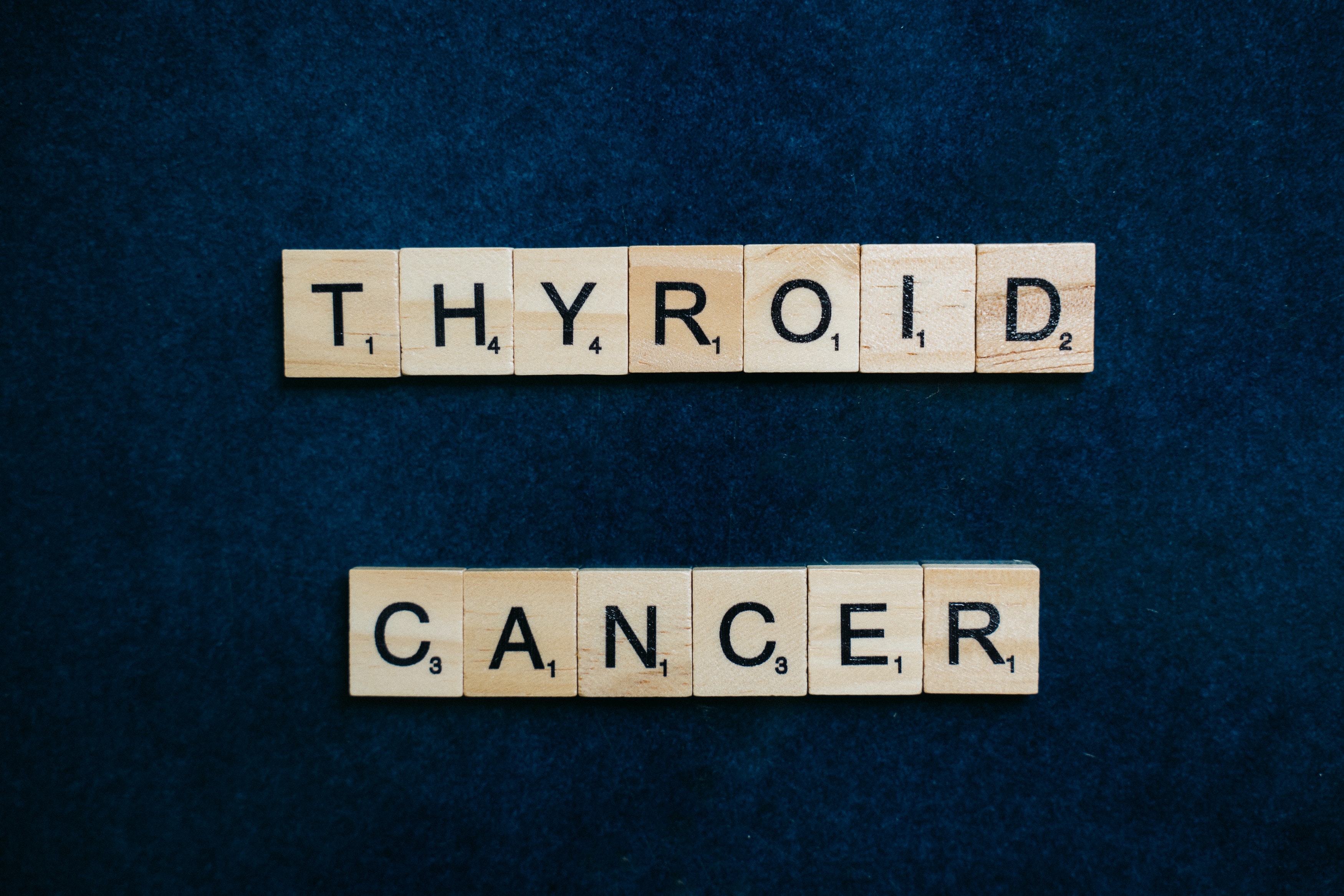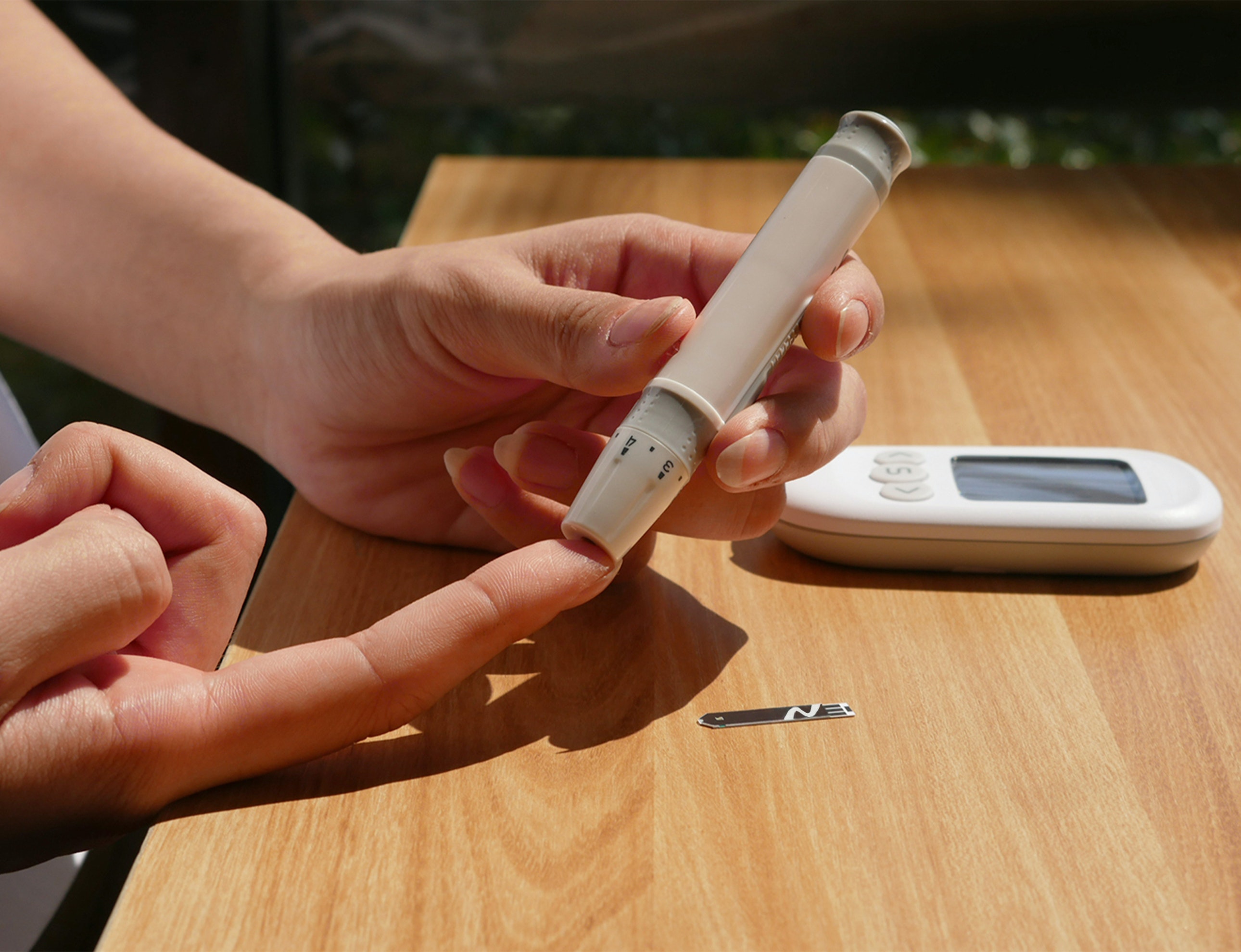
Is There a Relationship Between Diabetes and Female Infertility?
by Indranil on July 26, 2023 , 6 min read
In today's world, where health conditions like diabetes are becoming increasingly prevalent, understanding their impact on various aspects of health, including fertility, is essential. Female infertility is a complex issue that can be influenced by various factors, and diabetes is one such factor that may play a role. In this blog post, we will explore the relationship between diabetes and female infertility, focusing on how diabetes affects fertility and the potential implications of both type 1 and type 2 diabetes on reproductive health.
How Does Diabetes Influence Fertility?
Before delving into the specific effects of type 1 and type 2 diabetes on female fertility, let's understand how diabetes, in general, can influence the ability to conceive. Diabetes is a chronic condition characterized by high blood sugar levels due to the body's inability to produce or use insulin effectively. This hormonal imbalance can have several adverse effects on reproductive health, potentially impacting fertility in various ways.
- Disrupted Hormonal Balance: Uncontrolled diabetes can lead to hormonal imbalances, affecting the normal functioning of the reproductive system. Hormones play a critical role in regulating the menstrual cycle and ovulation, and any disruption can interfere with the release of eggs and the overall fertility process.
- Irregular Menstrual Cycles: Women with diabetes may experience irregular menstrual cycles, which can make it challenging to predict ovulation and time intercourse for conception. Irregular cycles can result from fluctuations in insulin levels and insulin resistance, affecting hormone production.
- Ovulation Issues: Diabetes can disrupt the ovulation process, leading to anovulation (lack of ovulation). Without the release of eggs, conception cannot occur. Furthermore, irregular ovulation can result in fewer opportunities for fertilisation.
- Increased Risk of Complications During Pregnancy: For women with diabetes who do conceive, uncontrolled blood sugar levels can increase the risk of complications during pregnancy, such as gestational diabetes, preterm birth, and preeclampsia.
How Does Type 1 Diabetes Affect Female Fertility?
Type 1 diabetes, also known as insulin-dependent diabetes or juvenile diabetes, is an autoimmune condition in which the body's immune system attacks and destroys insulin-producing cells in the pancreas. Women with type 1 diabetes may face specific challenges when it comes to fertility.
- Delayed Puberty and Menarche: Girls with type 1 diabetes may experience delayed puberty and menarche (first menstrual period) compared to their non-diabetic peers. This delay can affect the timing of ovulation and overall fertility.
- Increased Risk of Ovarian Dysfunction: Type 1 diabetes can lead to ovarian dysfunction, affecting hormone production and ovulation. The irregular release of eggs can hinder conception and increase the time taken to achieve pregnancy.
- Greater Risk of Polycystic Ovary Syndrome (PCOS): PCOS is a hormonal disorder characterised by enlarged ovaries with small cysts. Women with type 1 diabetes have a higher risk of developing PCOS, which can contribute to fertility challenges.
- Higher Risk of Miscarriage: Women with type 1 diabetes may face a higher risk of miscarriage, especially if blood sugar levels are not well-controlled before and during early pregnancy.
How Does Type 2 Diabetes Affect Female Fertility?
Type 2 diabetes, also known as non-insulin-dependent diabetes, is a metabolic disorder characterised by insulin resistance, where the body becomes less responsive to insulin. This form of diabetes is closely associated with lifestyle factors such as diet and physical activity. For women with type 2 diabetes, fertility can be affected in several ways.
- Insulin Resistance and Hormonal Imbalances: Insulin resistance, a hallmark of type 2 diabetes, can lead to hormonal imbalances that affect ovulation and menstrual regularity. Women with type 2 diabetes may experience irregular cycles and ovulation issues.
- Polycystic Ovary Syndrome (PCOS): PCOS is closely linked to insulin resistance and type 2 diabetes. Women with type 2 diabetes have a higher risk of developing PCOS, which can further contribute to fertility challenges.
- Obesity and Fertility: Type 2 diabetes is often associated with obesity, which can have a significant impact on fertility. Excess body weight can disrupt hormone production, leading to irregular ovulation and decreased fertility.
- Increased Risk of Gestational Diabetes: Women with type 2 diabetes are at an elevated risk of developing gestational diabetes during pregnancy. This condition can increase the risk of complications during pregnancy and may impact fertility in subsequent pregnancies.
Disorders of Thyroid and Ovarian Function

In addition to diabetes, disorders of the thyroid gland and ovarian function can also influence female fertility. The thyroid gland produces hormones that regulate metabolism and play a role in reproductive health. Disorders like hypothyroidism (underactive thyroid) or hyperthyroidism (overactive thyroid) can impact ovulation and menstrual regularity, affecting fertility.
Similarly, ovarian disorders, such as premature ovarian failure (early menopause) or ovarian cysts, can disrupt hormone production and ovulation, leading to fertility challenges.
Gestational Diabetes:
Gestational diabetes is a form of diabetes that develops during pregnancy and usually resolves after childbirth. While it may not directly affect a woman's fertility, gestational diabetes can impact pregnancy and increase the risk of future diabetes in both the mother and child.

Endometrial Cancer:
Endometrial cancer is a type of cancer that originates in the lining of the uterus, known as the endometrium. While diabetes itself may not directly cause endometrial cancer, some studies suggest that women with diabetes may have an increased risk of developing this cancer.
The relationship between diabetes and endometrial cancer is complex and may involve shared risk factors, such as obesity and hormone imbalances. It is essential for women with diabetes to be aware of this potential risk and undergo regular health check-ups to detect any early signs of endometrial cancer.

How to Break the Fatal Relationship Between Diabetes and Infertility
If you are facing the challenge of diabetes and its potential impact on fertility, there are steps you can take to improve your chances of conception and ensure a healthy pregnancy:
- Manage Your Diabetes: The first and most crucial step is to manage your diabetes effectively. Work closely with your healthcare team to monitor your blood sugar levels, follow a balanced diet, engage in regular physical activity, and take any prescribed medications as directed.
- Maintain a Healthy Lifestyle: Adopting a healthy lifestyle can positively influence fertility and overall reproductive health. Aim to maintain a healthy body weight through a balanced diet and regular exercise. Avoid smoking and excessive alcohol consumption, as these habits can further exacerbate fertility challenges.
- Monitor Your Menstrual Cycle: Keep track of your menstrual cycle to identify any irregularities. Charting your cycle can help you identify the timing of ovulation and plan intercourse during your most fertile days.
- Seek Professional Help: If you have been trying to conceive for an extended period without success, consider seeking the guidance of a fertility specialist or a gynaecologist. They can assess your overall reproductive health, identify any underlying issues, and recommend appropriate treatments or interventions.
- Be Proactive About Your Health: Regular check-ups and screenings are essential for managing diabetes and detecting any potential fertility-related complications. Stay proactive about your health and attend all recommended medical appointments.
- Consider Fertility Treatments: If natural conception is challenging, there are various fertility treatments available that can help you achieve pregnancy. Assisted reproductive techniques, such as in vitro fertilization (IVF), may be recommended in cases where natural conception is difficult.

Conclusion
The relationship between diabetes and female infertility is complex, with various factors at play. Both type 1 and type 2 diabetes can impact fertility in different ways, including hormonal imbalances, ovulation issues, and an increased risk of certain conditions like PCOS and gestational diabetes. To break the potential link between diabetes and infertility, it is crucial to manage diabetes effectively, lead a healthy lifestyle, and seek professional guidance if needed.
If you are concerned about your fertility, it is essential to take proactive steps towards understanding your reproductive health. Consider undergoing a female fertility test to assess your overall fertility status and identify any potential challenges. Additionally, scheduling a gynaecologist consultation can provide you with personalized guidance and support in managing your diabetes and reproductive health.
By taking proactive steps and staying informed, women with diabetes can optimism their reproductive health and improve their chances of conceiving a healthy baby.